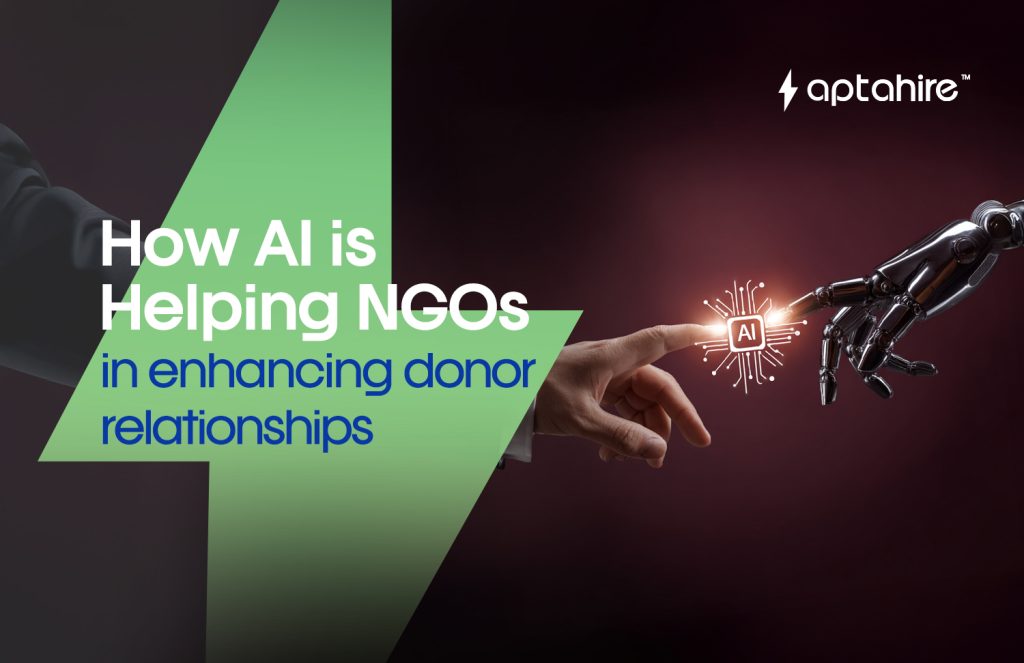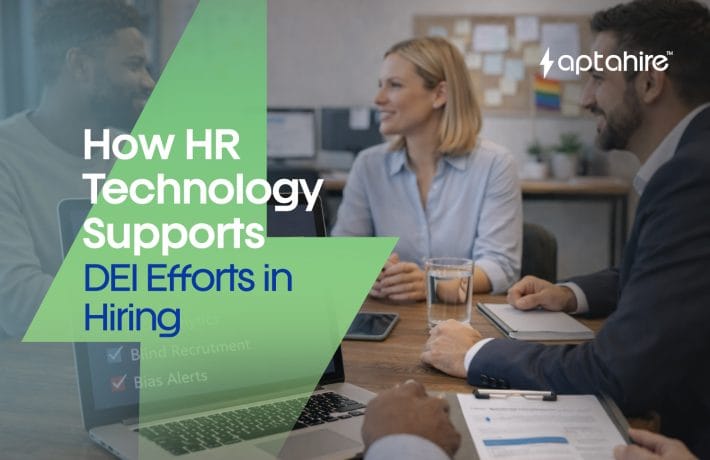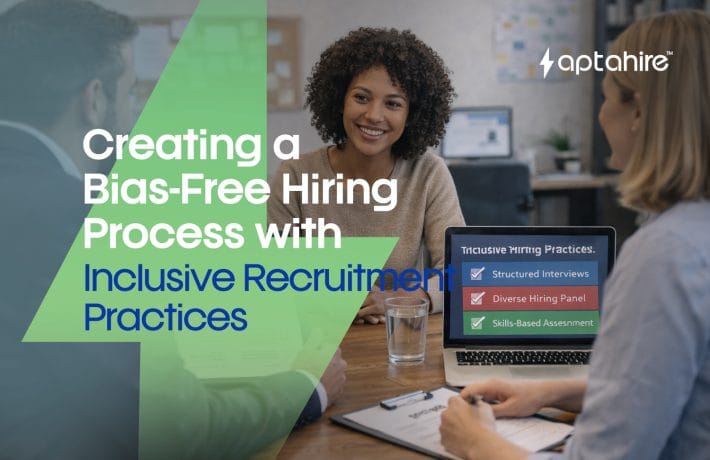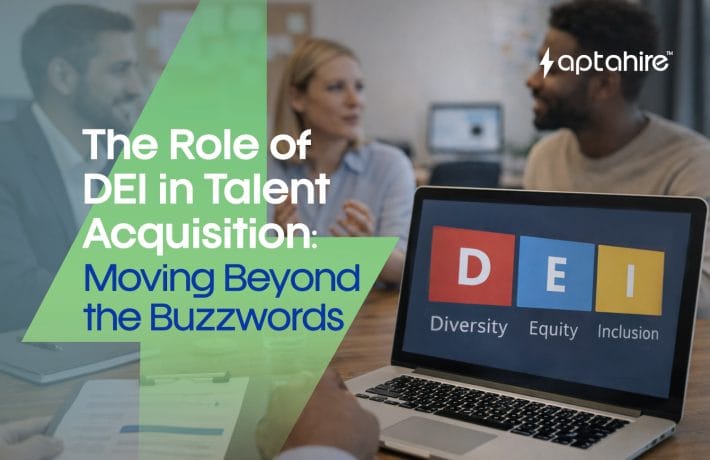How AI is Helping NGOs in enhancing donor relationships

How AI is Helping NGOs in enhancing donor relationships
Introduction
Nonprofits and NGOs thrive on trust, impact, and relationship‑driven success, but donor outreach, segmentation, and engagement often rely on manual, time‑consuming processes. That’s where Artificial Intelligence steps in. With smart algorithms, chatbots, predictive analytics, and AI‑powered content tools, NGOs can now engage donors personally, responsively, and ethically at scale, all while freeing up hours for mission‑driven work.
1. Unlocking Donor Insights Through AI
AI tools analyze donor history, demographics, social media activity, and campaign engagement to uncover giving patterns and interests. By building rich donor profiles, NGOs can identify high‑potential donors and tailor asks to match their preferred causes and giving capacities. This deeper understanding creates more meaningful, trust‑building connections rather than broad, generic outreach.
2. Personalized Donor Communication at Scale
Using Natural Language Processing (NLP), AI systems generate personalized messages, email content, and social media copy. Content varies based on donor type, whether first-time, recurring, or major donors, and is optimized for timing, tone, and channel preference. This strategy boosts open and response rates and later-to-first donation ratios.
3. Predictive Campaign Targeting & Optimization
AI can forecast donor giving behavior using historical data and causal modeling, pinpointing individuals more likely to contribute or upgrade giving . This lets NGOs target outreach more efficiently, reducing wasted effort while increasing ROI on campaigns. Tools help determine optimal campaign timing, messaging style, and preferred communication channel.
4. AI Chatbots for Real‑Time Donor Engagement
AI chatbots on NGO websites or messaging platforms can respond instantly to donor inquiries about program updates, donation status, or impact stories, any time of day. This increases accessibility and trust, especially for first-time or high-value donors who expect fast, professional replies. Staff receive higher-quality leads while bots handle repetitive questions.
5. Automating Fundraising and Grant Proposals
AI assistants can draft and refine fundraising proposals, grant applications, and donor reports by learning from past successful examples and templates. They ensure compliance with donor requirements, correct formatting, and persuasive language, freeing staff to focus on program design and relationship building. This improves proposal quality while cutting administrative load.
6. Enhanced Reporting and Transparency
AI-produced dashboards and infographics help NGOs illustrate program impact clearly and attractively in annual reports or donor updates. By automating data summarization and visualization, NGOs improve transparency and clarity while managing workload efficiently. Donors are reassured when they see their contributions linked to measured, impactful results.
7. Ethical Foundation & Data Privacy
While AI opens great possibilities, ethical integrity is key. NGOs must use valid data sources, ensure transparency in AI‑driven decisions, protect donor privacy, and implement bias audits and opt‑out choices in AI tools. Building trust involves showing donors that AI supports human-led strategy, not replaces it.
Real‑World Example: The Kids’ Cancer Project
By partnering with SAS analytics, Australia’s Kids’ Cancer Project nearly doubled its recurring donations to AU $2.2 million annually and grew its donor base by 30% year-on-year. AI-powered analysis helped identify high‑potential donors and focus outreach more strategically, contributing directly to increased funding for childhood cancer research. Crucially, AI enabled more strategic effort, not more spam, shifting labor from manual to high-value fundraising.
Why This Works: Key Benefits for NGOs
| Benefit | What It Means |
| Better donor retention | Personalized, timely engagement builds loyalty |
| Efficiency gains | Staff spend less time on admin and more on impact |
| Higher campaign ROI | Focused outreach increases donation volume at lower cost |
| Stronger trust & transparency | Ethical, data‑driven communications boost credibility |
Getting Started: AI for NGO Donor Engagement
- Clarify your goals—e.g. increasing recurring donors or major gifts
- Choose ethical tools—like donor‑CRM platforms (e.g. Salesforce CRM, Blackbaud) with AI modules for segmentation and communication.
- Pilot with one campaign or donor segment—test personalization and chatbot response rates
- Monitor and refine regularly—track metrics like open rate, gift size, retention
- Maintain transparency and consent—explain AI role in outreach, allow donors to opt out
Conclusion: AI as a Trust‑Enriching Partner
AI doesn’t replace personal connection, it strengthens it. By analyzing donor behavior and enabling tailored, timely engagement, AI equips NGOs to build deeper, more efficient relationships while preserving trust and human-centered values. When applied ethically, AI becomes a powerful ally, allowing NGOs to do more good with clarity, creativity, and credibility.
If you’d like help choosing tools, drafting donor messaging, or planning an AI-enhanced campaign, I’m happy to assist.
FAQs
1. How can AI help NGOs?
AI helps NGOs by analyzing donor behavior, optimizing outreach, and improving resource allocation. It can personalize communication, predict donor churn, and automate repetitive administrative tasks. This allows NGOs to focus more on impact and less on manual work.
2. How do NGOs attract donors?
NGOs attract donors through storytelling, transparency, consistent communication, and showcasing impact. They often use social media, email campaigns, events, and partnerships to build trust. With AI, they can target the right audiences more effectively using data insights.
3. What is donor search AI?
Donor search AI is a tool that uses artificial intelligence to identify potential donors by analyzing public records, giving history, wealth indicators, and online behavior. It helps NGOs find high-potential prospects efficiently. This boosts fundraising efforts with less manual research.
4. How does AI help organisations?
AI helps organizations by automating tasks, improving decision-making through data analysis, and enhancing customer or donor engagement. It enables smarter resource use and better performance tracking. For NGOs, this translates to greater reach and efficiency.
5. Which NGO is using AI in India?
Several Indian NGOs like Digital Green and Wadhwani AI are using AI to improve agriculture, health, and education outcomes. Wadhwani AI, for example, uses AI to help farmers detect pest attacks early. These efforts are supported by government and private partners.
6. How can AI assist in humanitarian efforts?
AI supports humanitarian efforts through disaster response, crisis prediction, and real-time translation. It helps identify vulnerable populations, distribute aid effectively, and monitor on-ground situations via satellite and sensor data. AI makes response faster and more informed.



